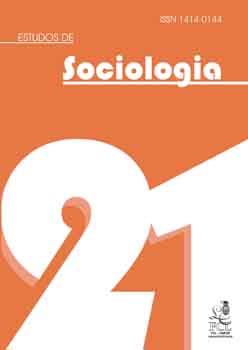The twilight of the Habsburg imperial ethics in Bruno Schulz and Joseph Roth
Keywords:
Nostalgia, Exile, Habsburg Empire, Joseph Roth, Bruno Schulz,Abstract
Bruno Schulz and Joseph Roth figure in the history of literature as Representatives of Polish and Austrian literature, respectively, as if they were part of different worlds. However, both share a common memory: the life in the eastern provinces of the Austrian-Hungarian Empire, in the cities of Drohobycz and Brody, which are now part of Ukraine. The works of Schulz and Roth make reference to the Austrian-Hungarian and Habsburg universe, a millenarian kingdom that saw itself not only as a political reality, but also as an empire with the mission of giving its subjects a lifestyle considered superior from the spiritual, ethical and moral points of view. The idea of the Holy Roman and German Empire, which considered itself as the bearer of a human message, persisted until the XX century in the reign of Kaiser Francisco José. In this sense, the First World War means not only the political dismemberment of the Austrian-Hungarian Empire in its different parts, but also the collapse of the idea of a State that transcended the mere political sphere, turning into a spiritual and cultural home to its people. The world that emerged with the First World War is marked by the Faustian and titanic tendencies of a materialistic individualism, which focus its energies to the production and accumulation of capital. This is the world Schulz and Roth look at in their work, always from the point of view of the previous universe, characterized by the nostalgia of an irreversible exile.
Downloads
Downloads
Published
How to Cite
Issue
Section
License

À revista Estudos de Sociologia ficam reservados os direitos autorais pertinentes a todos os artigos nela publicados.
Os artigos publicados e as referências citadas na revista Estudos de Sociologia são de inteira responsabilidade de seus autores.
A Estudos de Socilogia utiliza a licença https://creativecommons.org/licenses/by/4.0/ (CC BY), que permite o compartilhamento do artigo com o reconhecimento da autoria.



